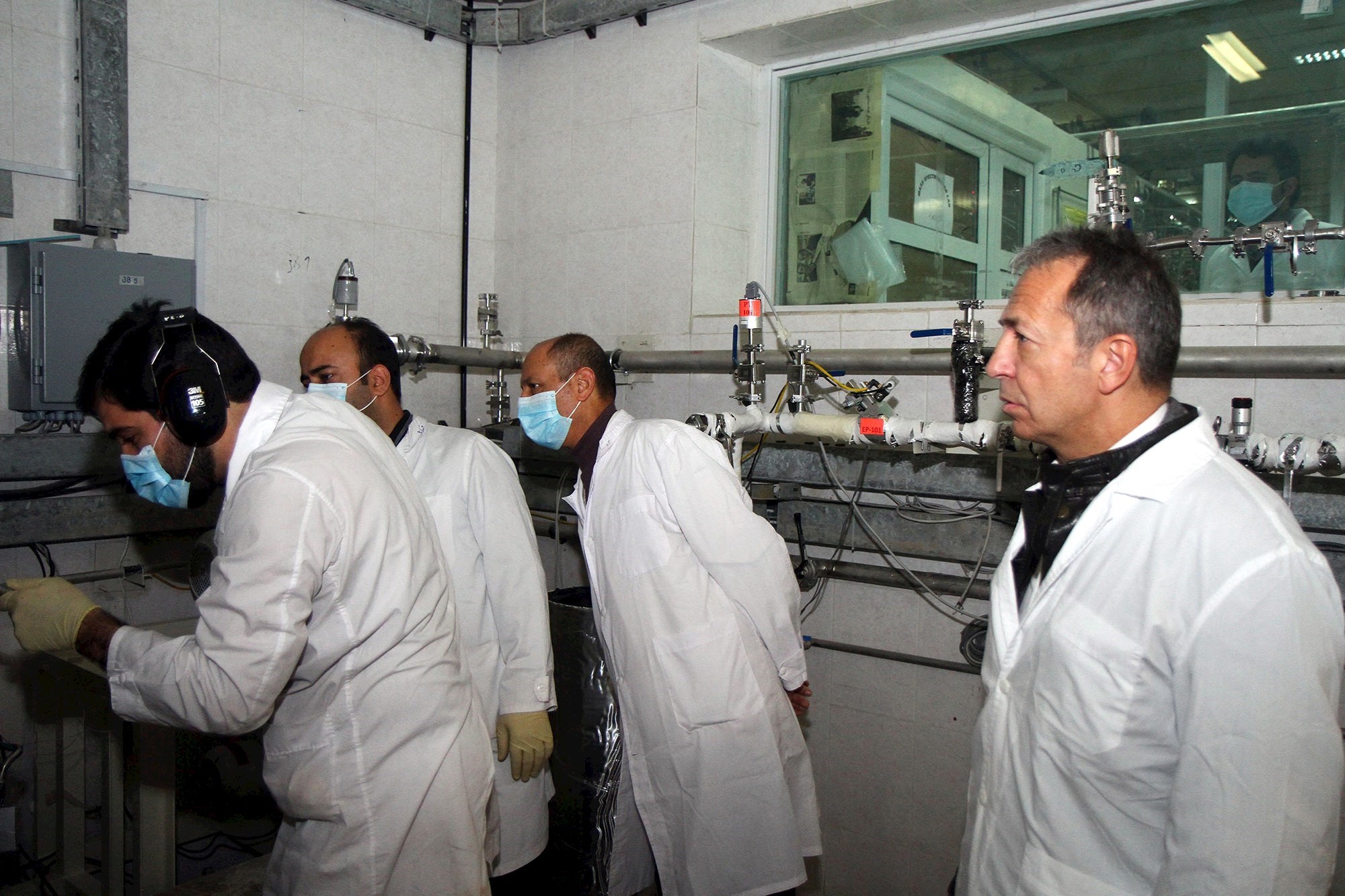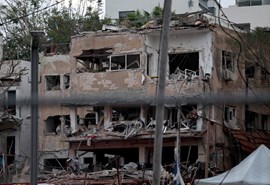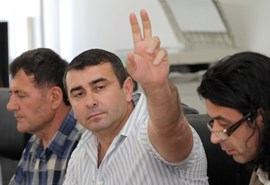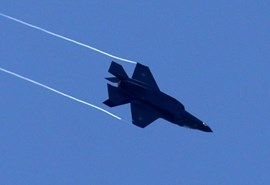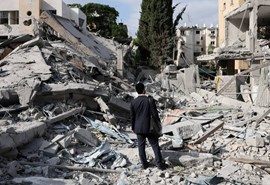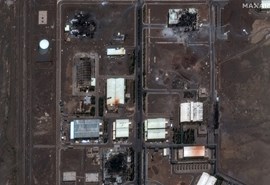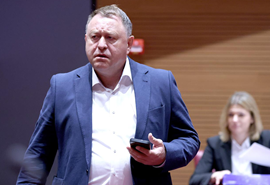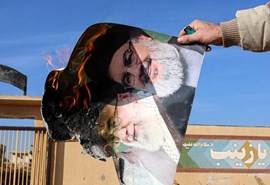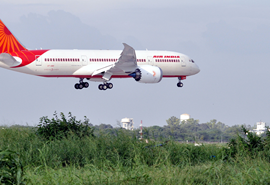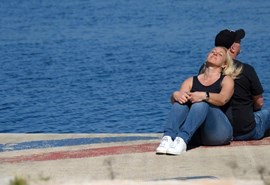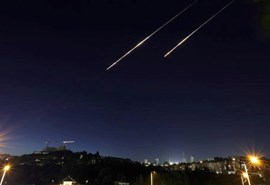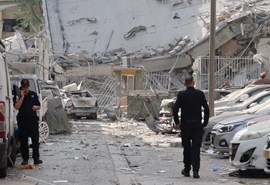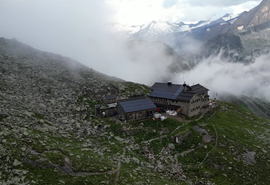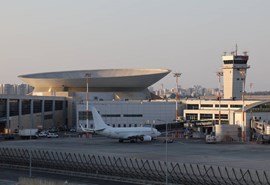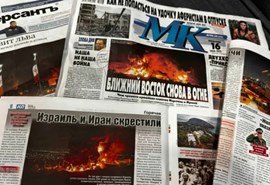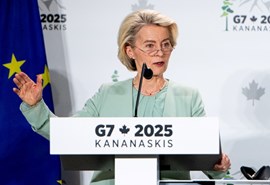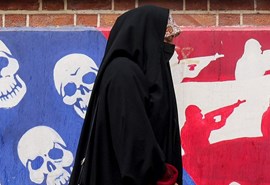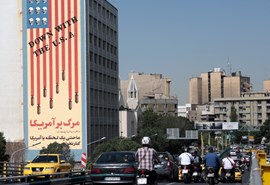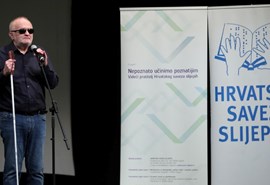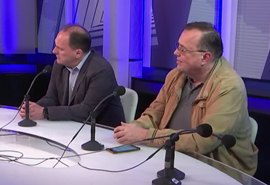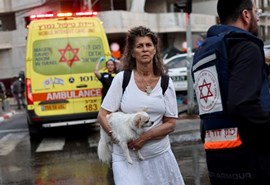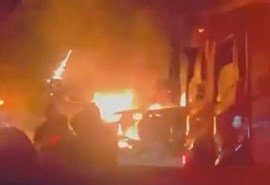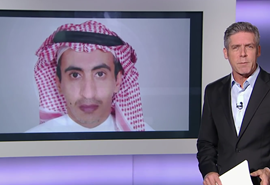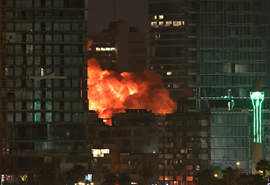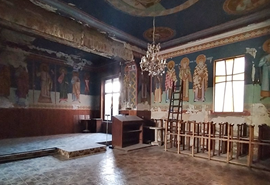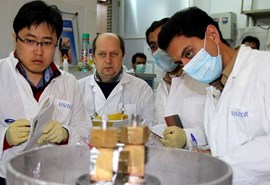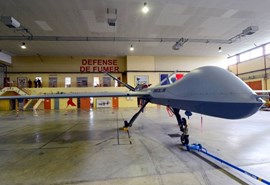The Board of Governors of the International Atomic Energy Agency (IAEA) is holding an urgent meeting in Vienna to discuss the consequences of Israeli military attacks on Iranian nuclear facilities. The meeting was requested by Iran and supported by Russia, China, and Venezuela. Iran attempted to push a resolution condemning the Israeli attacks, but due to insufficient support, a milder proposal containing elements of condemnation was adopted. The attacks occurred amid escalating military exchanges between Iran and Israel. Under the framework of the Nuclear Non-Proliferation Treaty (NPT), military force is never considered a legitimate means of resolving nuclear disputes. Iran seeks international condemnation of the Israeli attacks, but given the current geopolitical situation, such an outcome seems unlikely. It remains uncertain whether the meeting will lead to any progress towards a ceasefire.
Political Perspectives:
Left: Left-leaning outlets emphasize the need for diplomatic solutions and criticize Israeli military actions as aggressive and destabilizing. They highlight Iran’s call for international condemnation and frame the attacks as violations of international law and sovereignty. The narrative often stresses the importance of peaceful conflict resolution and the dangers of escalating military confrontations in the Middle East.
Center: Centrist sources report the facts of the IAEA meeting and the geopolitical context in a balanced manner, noting the positions of Iran, Israel, and other international actors. They focus on the procedural aspects of the IAEA’s response and the challenges in achieving consensus on condemning the attacks. The narrative is neutral, emphasizing the complexity of the situation and the low likelihood of immediate resolution.
Right: Right-leaning outlets tend to highlight Israel’s security concerns and frame the attacks as defensive measures against Iranian nuclear threats. They may downplay or justify the military actions as necessary to prevent nuclear proliferation and protect regional stability. The narrative often questions Iran’s intentions and portrays the IAEA meeting as influenced by countries sympathetic to Iran.

